Rescuing Eggs
A substance called putrescine has the potential to boost fertility in women over 40.

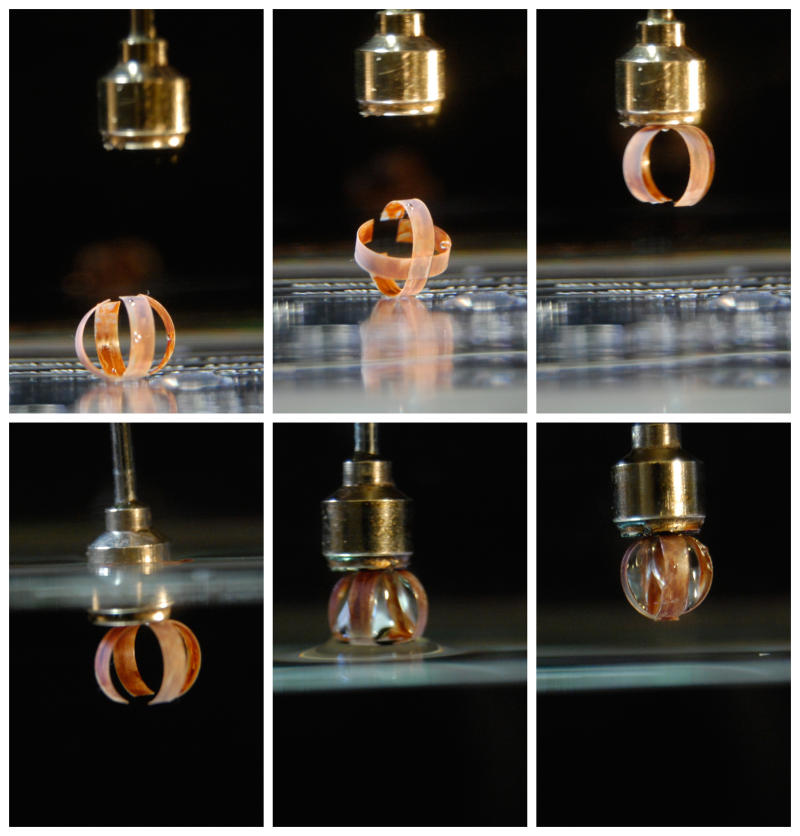
An Australian bird thwarts nest invaders by requiring its young to sing a secret call to get fed.
A meltdown of Arctic ice may have triggered the last deep freeze in the Northern Hemisphere.
No one likes having mucus, but in some circumstances, it may be able to fight dangerous bacteria.
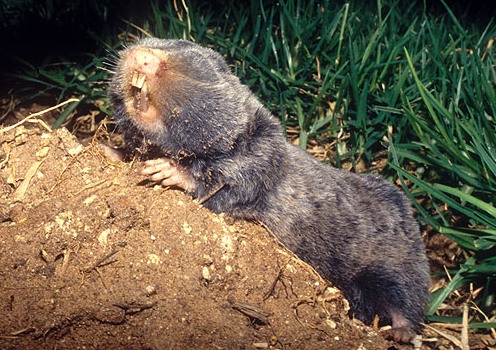

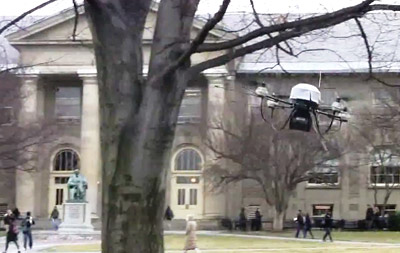
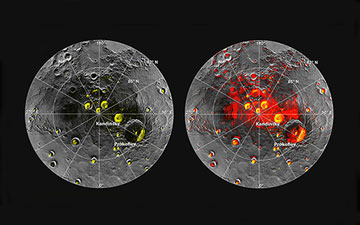
Researchers think they’re found the cause of hypersomnia, a condition which causes people to feel constantly sedated.


In an upcoming case, the U.S. Supreme Court will consider whether diagnostic genes for breast cancer can be patented.
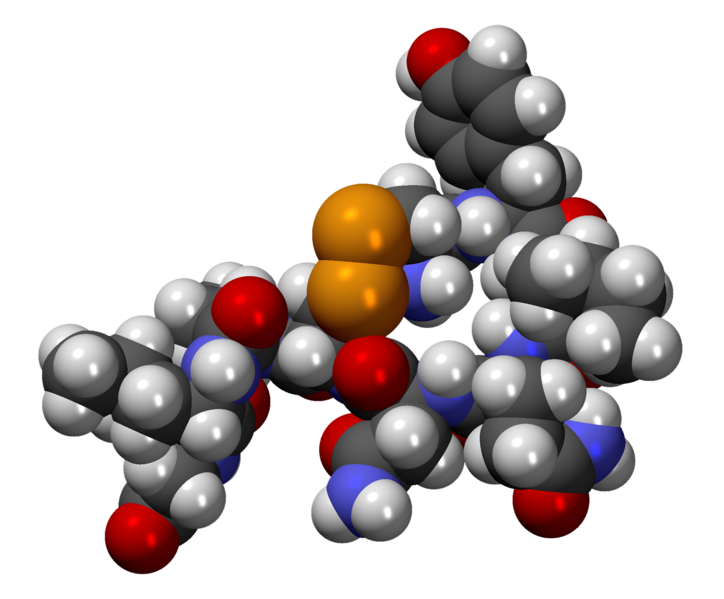
The hormone oxytocin has many functions in the human body. Scientists now think it may also help deter cheating.
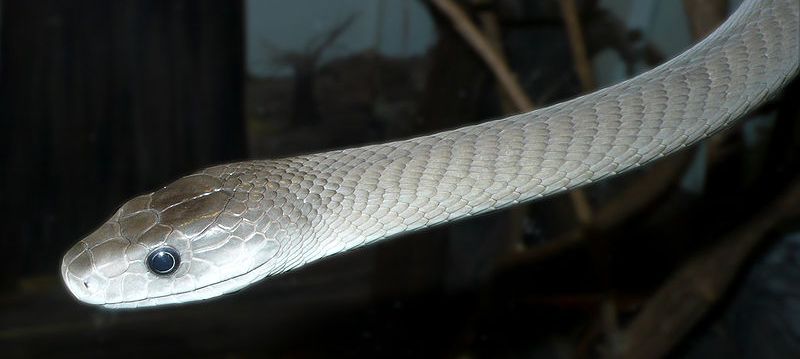
Scientists have isolated a potent painkiller from the venom of the deadly black mamba snake.

The new science of paleotempestology studies ocean sediment to uncover ancient hurricanes.

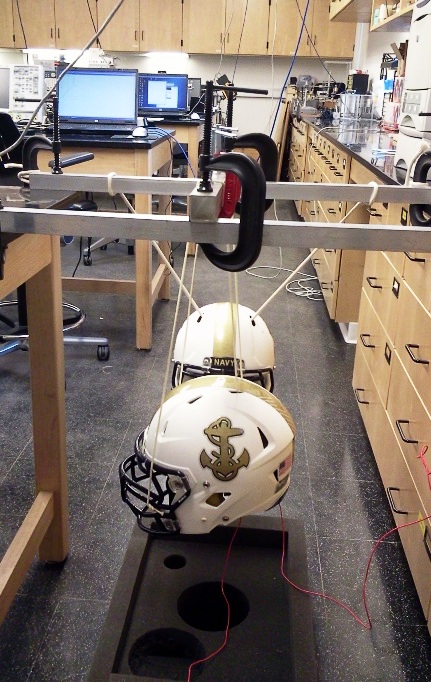
Measuring the acoustical signatures of colliding football helmets could help improve helmet safety.

Sophisticated computer imaging may help decode the world's oldest un-deciphered written language.

The incidence of autism has increased in recent years, and so have efforts to identify and treat it earlier.

Areas of the brain normally associated with physical pain are activated when people with math anxiety think about doing math.

Smoking while pregnant may cause DNA damage not just to the developing baby, but to that baby's future children.
Monsters from the role playing game “Dungeons & Dragons” help reveal what’s most important to us.
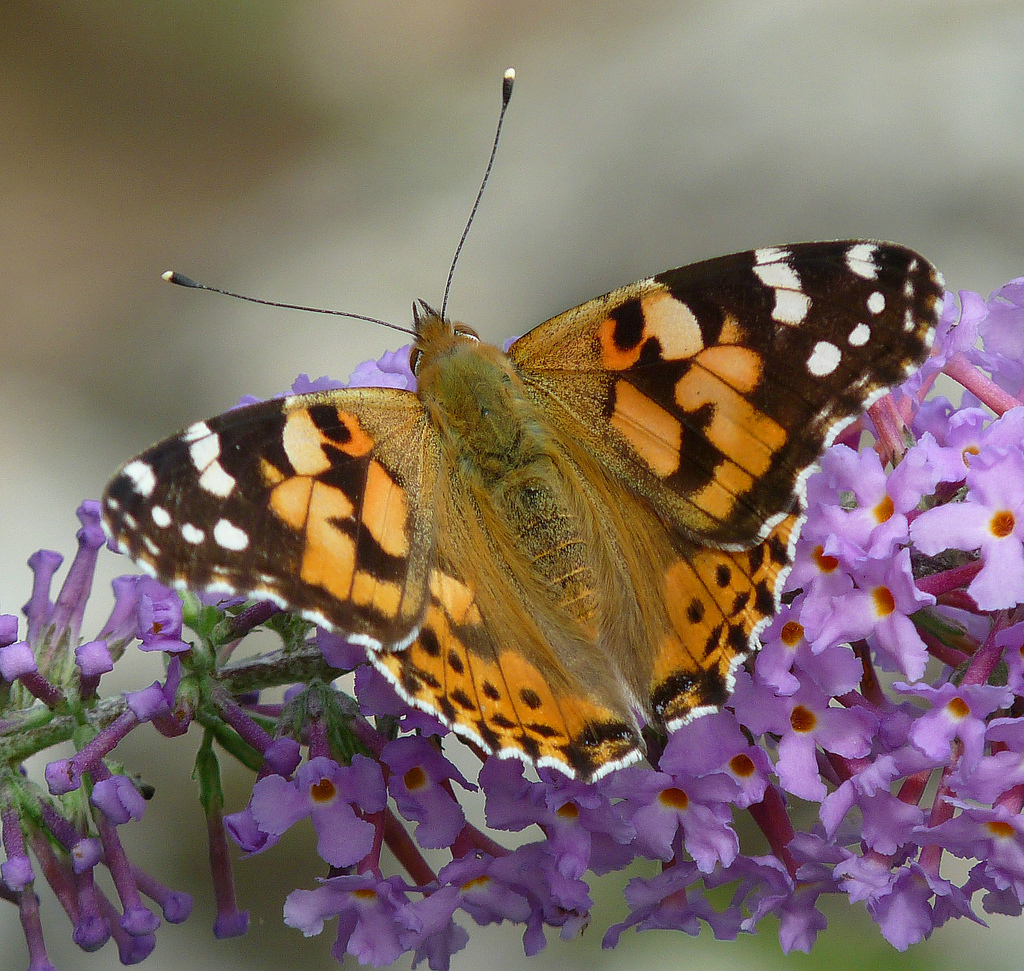
Radar data, along with highly coordinated observations, has solved a disappearing-butterfly mystery.
